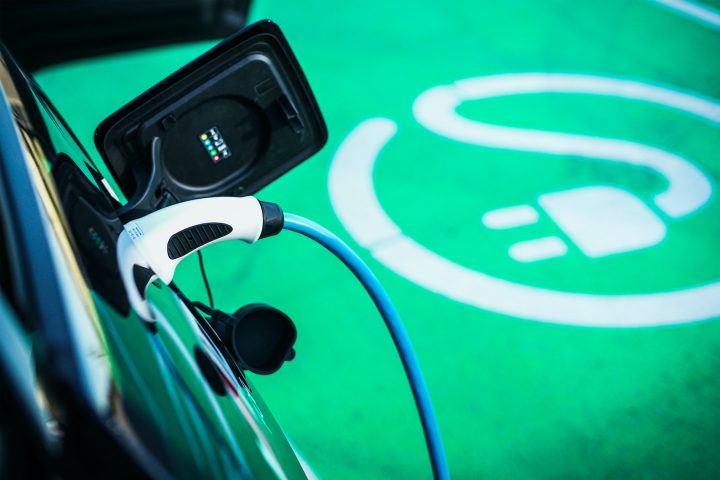Electric used-car buyers need an industry-wide scheme for battery health tests.
Nine out of 10 dealers (90%) say the used electric car sector needs this to build up public confidence in buying them.
August’s Startline Used Car Tracker shows 78% believe battery health is an essential consideration for most electric car buyers.
However, there is some difference of opinion about how this should be delivered – 38% think battery health check providers should meet an industry-created standard while 36% say any such scheme should be government backed.
Paul Burgess, CEO at Startline Motor Finance, said, “Dealers are obviously at the sharp end of selling used cars and essentially, this data is telling us the overwhelming majority believe the sector needs some form of formal battery health check scheme, with more than three out of four thinking battery health is a key consideration for buyers.
“In a used electric car market where residual values remain low and there is a general degree of concern about the volume of vehicles starting to circulate, this is a move that could help to persuade potential buyers who are concerned about the possibility of battery failure or degradation. It could give them the confidence to buy.
“There are plans for a government scheme but progress appears to be slow and there is, of course, nothing to stop any of the major industry bodies from creating their own standard with the many credible battery health check providers already working in the market.”
Very few dealers disagree with the need for an industry-wide scheme, with only 5% believing battery health is not the most important factor for EV buyers and 3% thinking battery health checks are an unnecessary expense for dealers.
“It’s clear that any views against a formal battery health check scheme form only a tiny minority of dealers and interestingly, when we asked used car buyers in this month’s Startline Used Car Tracker whether they would back such an initiative, 88% were in favour. It is an idea with something quite close to universal approval.”
Currently, warranties for electric vehicles’ traction or driving batteries vary but the best offer cover for 10 years or 100,000 miles subject to dealer servicing during that time.
Hybrid and pure battery electric vehicles are different powertrains but the hybrid motors can fail and out of warranty can cost a lot of money.
However they are just a small percentage of the replacement cost of an EV’s traction battery when it can no longer hold a charge. Some early EVs sold in Britain carried a hire-only agreement for the traction battery separate to the rest of the model.
The frequency of recharging and the boost capacity chosen can affect the overall life of a traction battery as well as use in colder conditions. Generally, the slower the chosen recharge rate, the longer the battery pack will last.
A high mileage electric car or van, frequently boosted to 100% will degrade sooner than a less used and infrequently recharged model so a used company car or van may be a less attractive proposition for a used car buyer.
It is therefore advisable to get a full history and service check-list on any used ev-model you may be considering and ensure any warranty extensively covers the traction battery. Residual values of used evs tend to be lower than their petrol equivalents.
